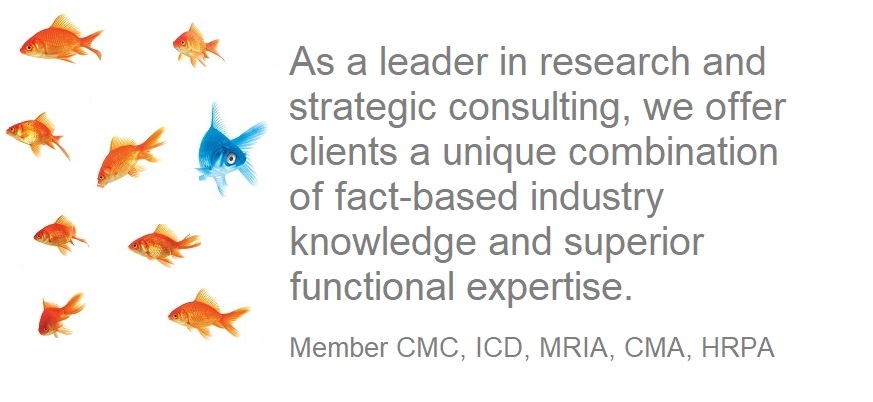
The Arcus study “The Surprising Science of Meetings” discusses strategies to improve the effectiveness of meetings. The study outlines key insights based on research and practical experience, focusing on how to make meetings more productive, engaging, and valuable for participants. Here are the key points summarized:
Prevalence and Impact of Meetings:
The study starts by highlighting the significant amount of time professionals spend in meetings and the substantial impact these meetings have on organizational productivity and employee morale. It notes that ineffective meetings are a common source of frustration and a drain on resources.
Importance of Meeting Quality:
Rather than simply reducing the number of meetings, the study emphasizes improving the quality of meetings. It argues that well-run meetings can enhance collaboration, innovation, and decision-making. The goal should be to transform meetings into valuable, engaging, and productive experiences.
Effective Meeting Practices
The study provides several evidence-based practices for improving meetings:
- Agenda Setting: Creating a clear, focused agenda with specific objectives can help keep meetings on track. Involving participants in the agenda-setting process can increase engagement and ensure relevant topics are covered.
- Participant Management: Limiting the number of participants to those who are essential can make meetings more efficient. Smaller meetings tend to be more focused and allow for better interaction and decision-making.
- Time Management: Starting and ending meetings on time shows respect for participants’ time and sets a professional tone. It suggests keeping meetings as short as possible to maintain energy and focus.
- Inclusivity and Participation: Encouraging active participation from all attendees can lead to more diverse perspectives and better outcomes. It recommends techniques such as round-robin participation and anonymous input methods to ensure everyone’s voice is heard.
- Meeting Leadership: The role of the meeting leader is crucial. Effective leaders facilitate discussion, keep the meeting on track, and ensure that the meeting’s objectives are met. Leaders should also be skilled in managing group dynamics and addressing any conflicts that arise.
- Post-Meeting Follow-Up: The study stresses the importance of follow-up after meetings. Summarizing key decisions, assigning action items, and setting deadlines can help ensure that the meeting’s outcomes are implemented. Regularly reviewing the effectiveness of meetings can lead to continuous improvement.
Cultural Change:
For sustainable improvement in meeting quality, organizations need to foster a culture that values effective meetings. This involves training employees in meeting best practices and holding them accountable for their meeting behaviors.
Feedback Mechanisms:
Implementing feedback mechanisms allows participants to provide input on meeting effectiveness. This feedback can be used to make adjustments and improve future meetings.
In conclusion, the study’s insights offer practical strategies for transforming meetings from a time-wasting activity into a powerful tool for collaboration and productivity. By focusing on clear agendas, effective leadership, active participation, and continuous improvement, organizations can enhance the value of their meetings and improve overall efficiency and employee satisfaction.
Services

Arcus offers clients a unique combination of fact-based industry knowledge and superior functional expertise. Our consultants have an average of over 22 years experience, twice the industry average. Find out more about our growth, change management and operations services.
At Arcus we believe that a strategy is only as good as the results it delivers. Strategic outcomes are most predictable and effective when companies develop a portfolio of initiatives that are aligned with core competencies and aligned activities enable the company to offer a superior value proposition.
Please contact Arcus for case studies and to discuss how we can help you.
Service coverage
The variety, breadth, and depth of the projects where Arcus can be a resource are made unique by each client’s specific needs. By providing a very small sample of projects we’ve completed, we can help you understand how and when to use our services. Visit the links below to find out more about a specific problem or opportunity you would like to address.
Below is a sample of the range of services that Arcus has provided to clients.
- A survey of 2,350 consumers and 1,320 business leaders for feedback on sustainability trends
- Architecting a multi-year change strategy for a Fortune 500 company
- Mentoring a CEO on organizational change
- Excellence transformation of a leading B2B services company
- Creating a new sales deployment model for a healthcare company
- Developing a position evaluation and compensation model for a professional medical association
- Improving services to customer segments by deepening their understanding of customer attitudes
“Arcus manages to consistently deliver tangible results on market research and strategy projects. They combine deep business expertise, powerful research capabilities, and innovative thinking to deliver substantial value.”
– Vice President, Nikon
